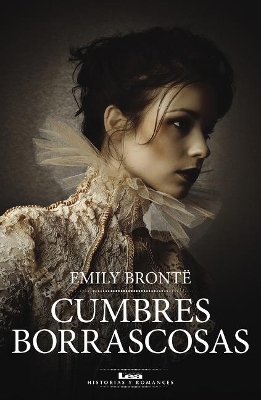Reviewed by brokentune on
Anyway, having re-read this, I have no idea how I could have ever perceived the story of Heathcliff and Catherine as a romance haunted by obsession.
All I am left with now is an impression of a story marked by a passion for violence, bitterness, and obsession with revenge.
"If it be, he deserves flaying alive for not running to welcome me, and for screaming as if I were a goblin. Unnatural cub, come hither! I’ll teach thee to impose on a good-hearted, deluded father. Now, don’t you think the lad would be handsomer cropped? It makes a dog fiercer, and I love something fierce —get me a scissors— something fierce and trim! Besides, it’s infernal affectation—devilish conceit it is, to cherish our ears—we’re asses enough without them. Hush, child, hush! Well then, it is my darling! wisht, dry thy eyes— there’s a joy; kiss me. What! it won’t? Kiss me, Hareton! Damn thee, kiss me! By God, as if I would rear such a monster! As sure as I’m living, I’ll break the brat’s neck.’ Poor Hareton was squalling and kicking in his father’s arms with all his might, and redoubled his yells when he carried him up-stairs and lifted him over the banister. I cried out that he would frighten the child into fits, and ran to rescue him. As I reached them, Hindley leant forward on the rails to listen to a noise below; almost forgetting what he had in his hands. ‘Who is that?’ he asked, hearing some one approaching the stairs’-foot. I leant forward also, for the purpose of signing to Heathcliff, whose step I recognised, not to come further; and, at the instant when my eye quitted Hareton, he gave a sudden spring, delivered himself from the careless grasp that held him, and fell."
Reading updates
- Started reading
- 27 March, 2014: Finished reading
- 27 March, 2014: Reviewed
